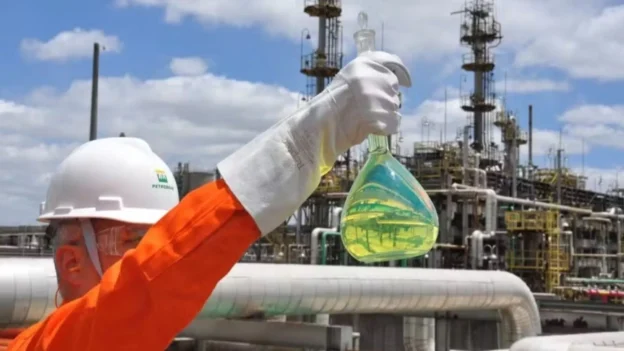With an expected investment of US$ 1.5 billion through 2029, Petrobras officially launched its BioRefining Program, an initiative that places the company in a leading position in the transition to a cleaner energy matrix. The strategy bets on a new generation of low-carbon fuelsfuels, produced with refining technologies that integrate renewable components.
Sustainable fuels for aviation, transportation and land-based fuels
Among the fuels developed by Petrobras, the following are highlighted Diesel Rwhich combines traditional diesel with vegetable oils or animal fats through co-processing; the SAF (sustainable aviation fuel), which meets the same standards as conventional kerosene; and Bunker, intended for maritime transport. maritime transportThe biodiesel bunker, made with 24% biodiesel, is used for maritime transport.
The Center for Research, Development and Innovation (Cenpes) plays a key role in this transition. Episodes of the “Nossa Energia” podcast are recorded there, where advances in sustainable fuels are discussed. Petrobras is also working on new solutions such as biogas, produced from organic waste. from organic wasteand on the acquisition of biomethane to reduce CO₂ emissions from its own operations.
With this strategy, the Brazilian company consolidates its commitment to a more equitable and sustainable energy future. Developed biofuels are no longer a promise, but a reality that strengthens energy independence and reduces the country’s environmental footprint.
Source and photo: Petrobras


